AARP Hearing Center


If a bowl of cereal or a bagel is your go-to morning meal, it may be time for a change. A growing body of research highlights the importance of kicking off your day with a dose of protein.
Join the AARP Weight Loss After 50 Challenge
Learn what small changes you can make for health and wellness as we age. Step by step, we'll:
- Show you the secrets to losing weight
- Give you guides to healthy foods
- Provide dozens of delicious new recipes to try
- Help you embrace a whole new way of eating
Because of the way our bodies change as they age, getting enough protein at every meal is particularly crucial for older adults, says Stuart Phillips, a kinesiologist who studies muscle loss and aging in his lab at McMaster University in Ontario, Canada.
On average, adults lose about 12 to 15 percent of muscle mass each decade after age 50, according to the American College of Sports Medicine. Eating more protein throughout the day can help prevent age-related loss of muscle and strength, studies show.
“Protein is the money in the bank for your muscles,” Phillips says. “In combination with being physically active, it builds a strong pool of muscle that allows you to be more resilient as you get older.”
Although increasing muscle mass and strength is protein’s most well-known function, it also helps bone density, supports the digestive process and builds antibodies to fight off infection, says Stephanie Kay, a registered nutritionist and founder of KayNutrition.com.
In addition, protein curbs hunger, so you feel full longer, and balances your blood sugar.
More protein, earlier
Many experts agree that Americans need more than the U.S. government’s recommended daily allowance of .36 grams per pound of body weight, or about 54 grams of protein per day for a 150-pound person, Phillips and Kay say.
“The recommended daily requirement is actually the minimum amount for basic health,” Kay says. “As you age you’re going to want to try and consume more than that.”
According to Kay and Phillips, .5 to 1.2 gram per pound of body weight (or at least 75 grams a day for a 150-pound person) is a better goal, especially for older adults.
But even Americans who get that much protein in a day often don’t get maximum benefits because they tend to get most of their protein grams at lunch and dinner, Phillips says. Because your body has no way to store extra protein, if you consume more than your body can use at one meal, it just goes to waste, he explains.
Research indicates you are better off trying to evenly distribute your protein intake throughout the day.


































































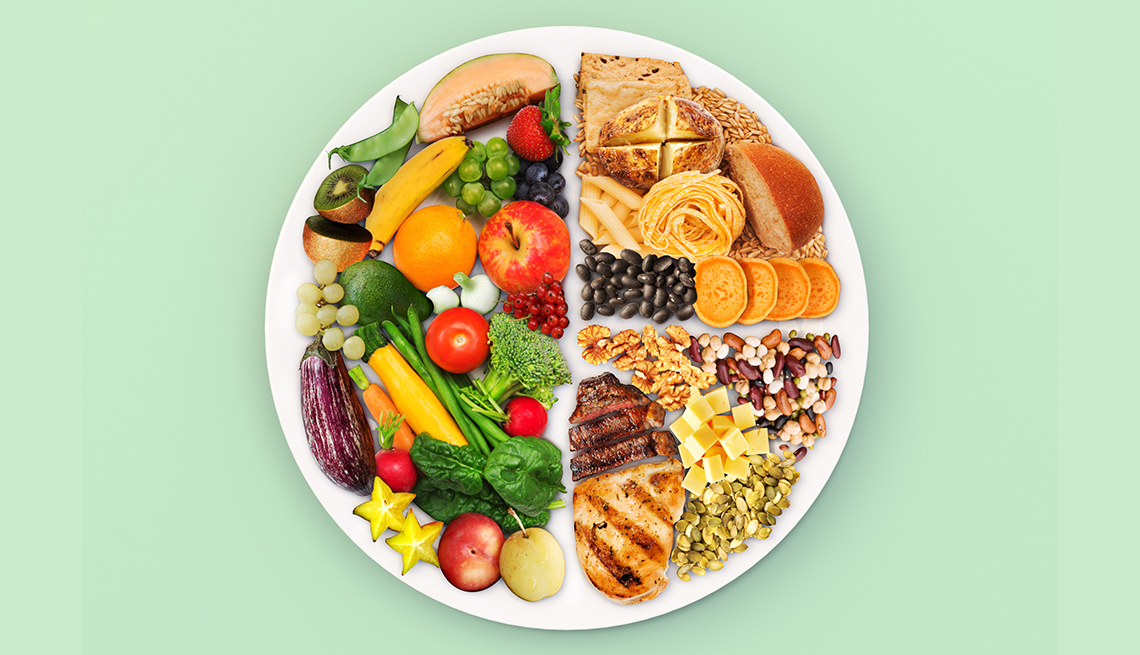
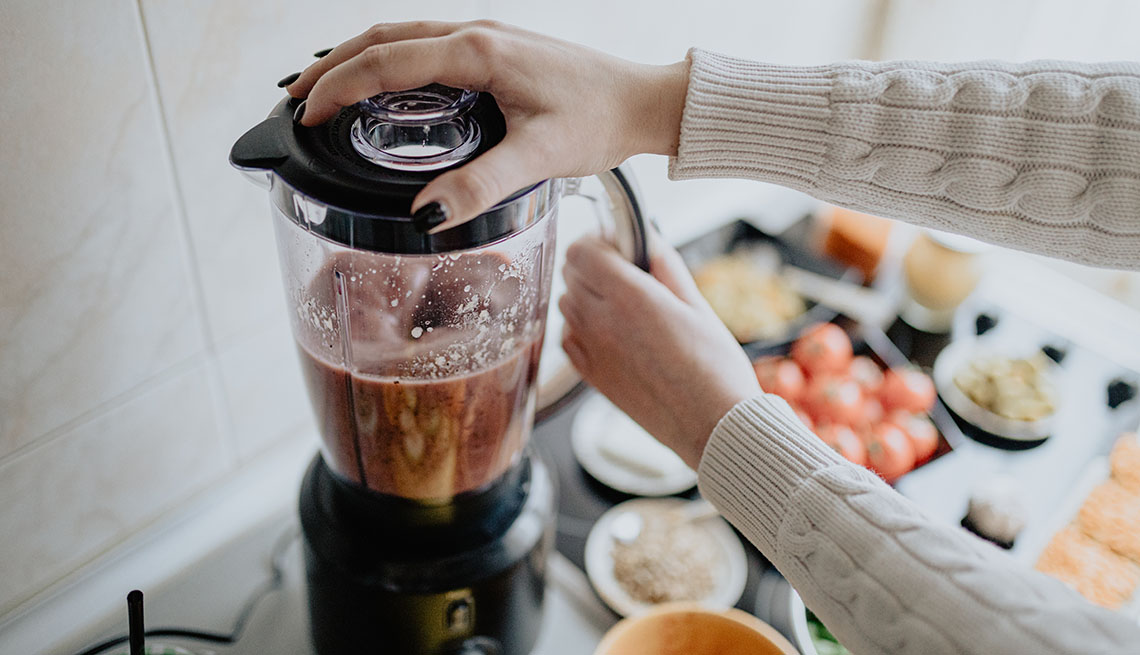

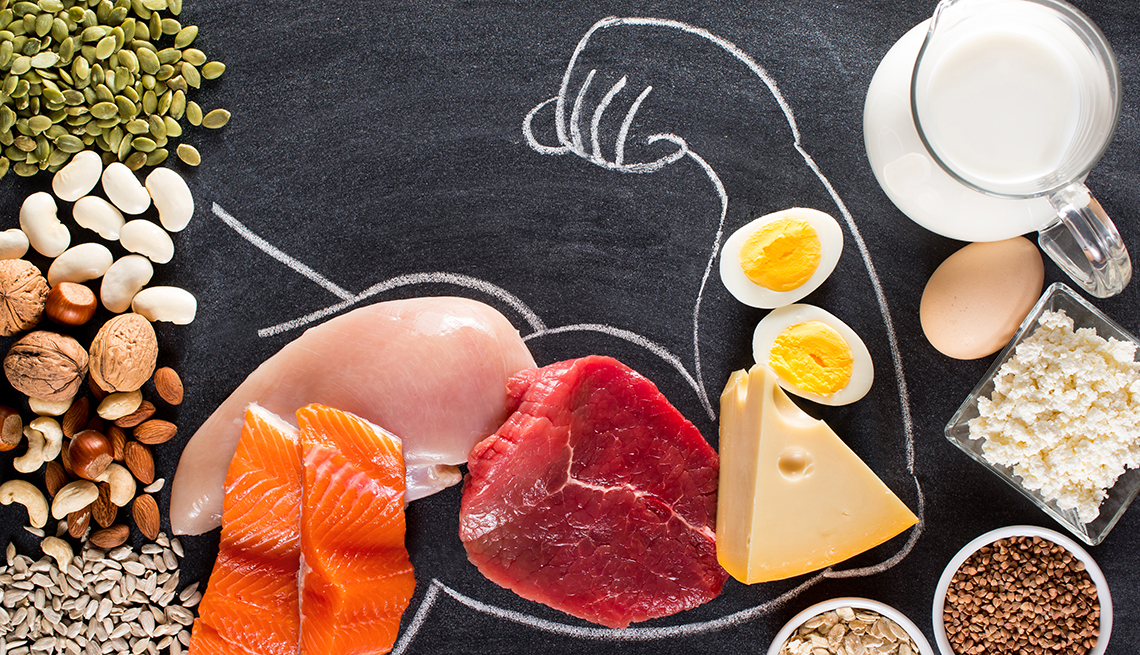
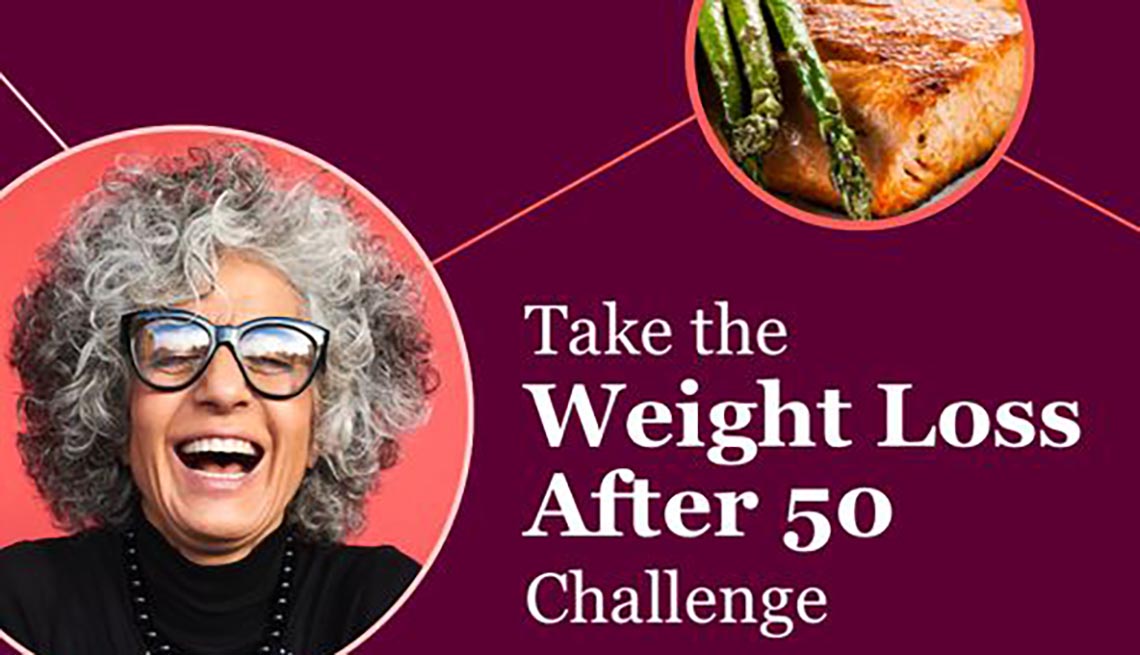
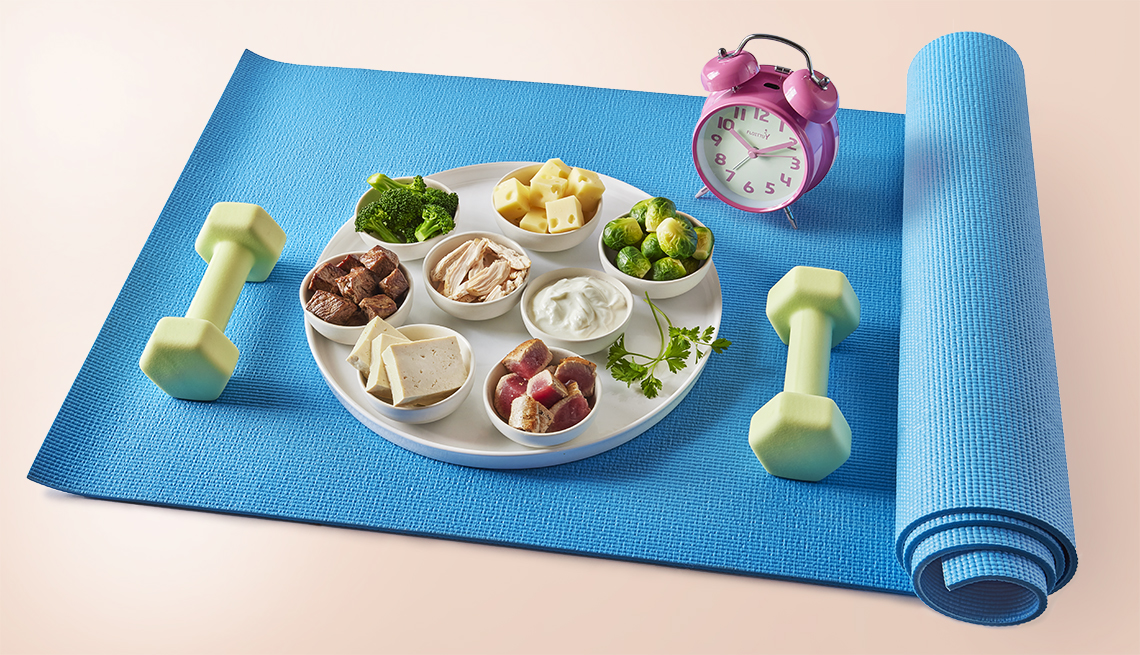
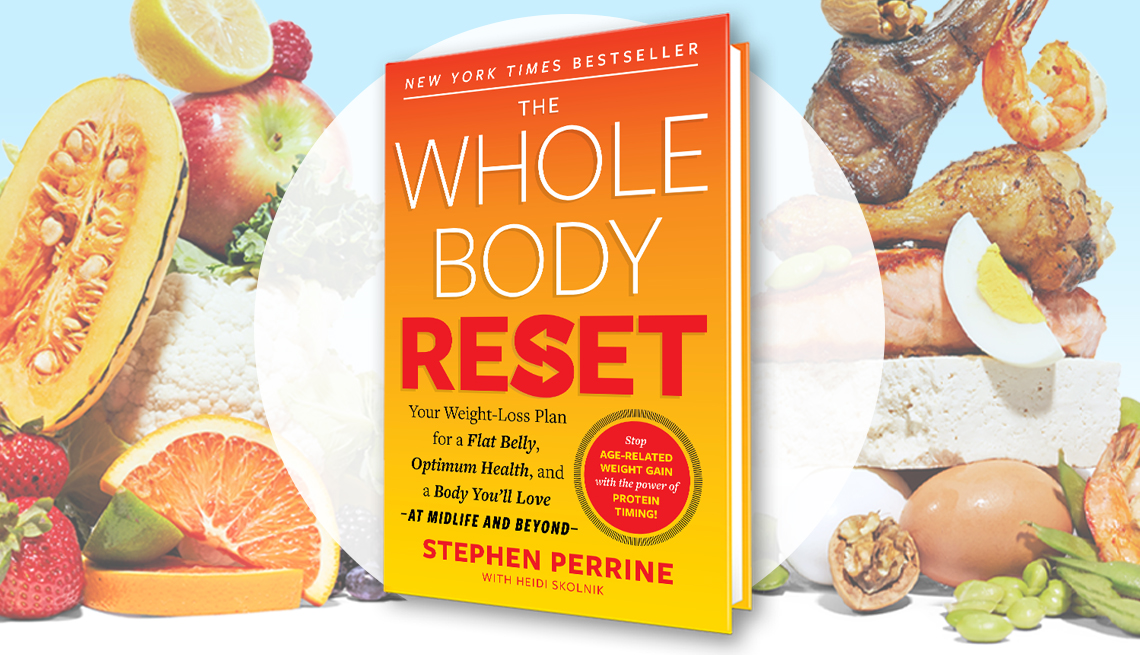




More on health
Tips for Week One of Your Weight-Loss Plan
Ready to drop pounds starting now? Here's how experts suggest you kick off your efforts8 Superfoods for Your Immune System
Add these protective powerhouses to your diet to get ready for cold and flu season … and beyondWhat Should Your Diet Be Like After 50?
As our bodies change, so do our nutritional needs